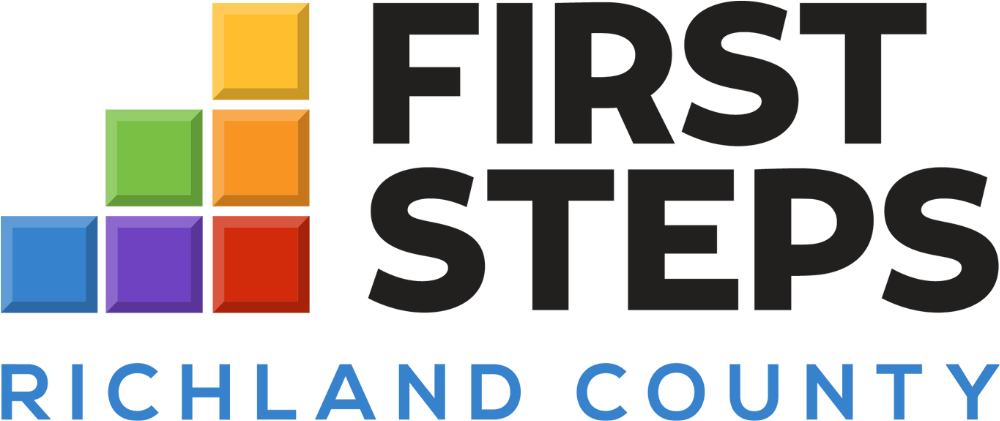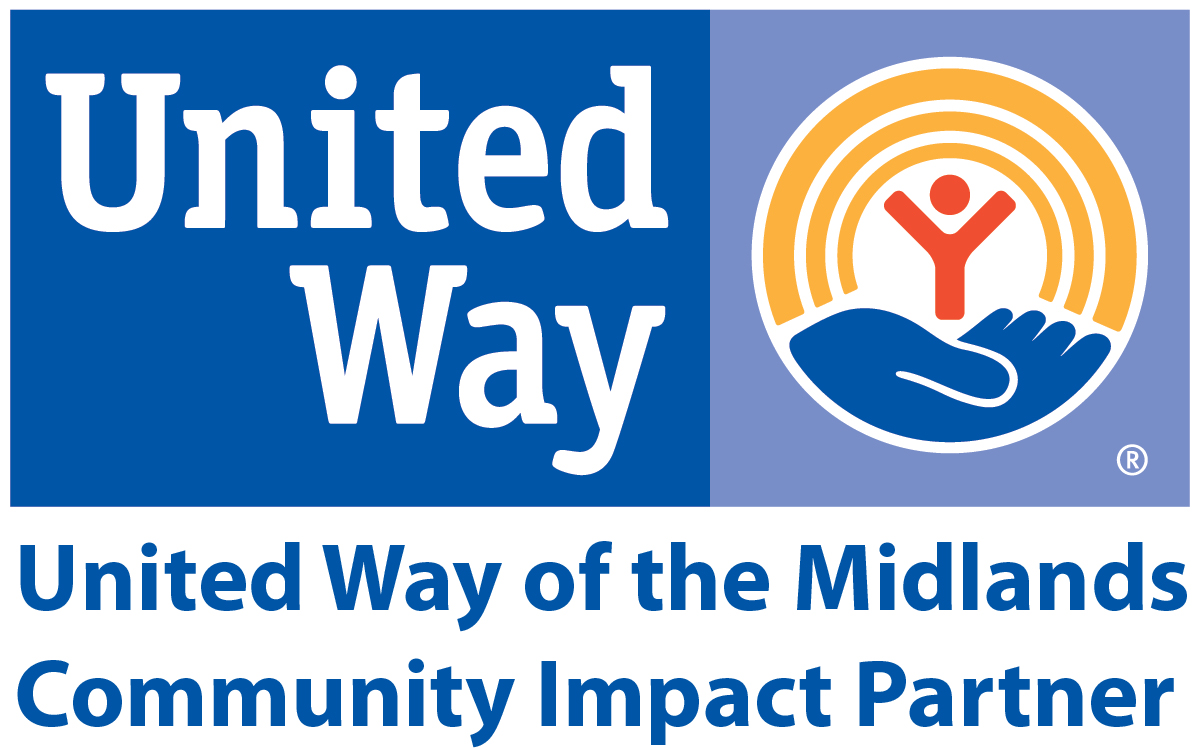I’ve gotten into the habit of singing in the car with my 20-month old. We do a lot of singing – as in “going to need some tea with lemon and honey to save my voice” kind of singing.
It started simply enough. It was a ploy to get him to stay awake until we made it home for his nap, but his requests for me to do it “‘gain” kept me warbling away. Old McDonald has an entire zoo by the time we’re done singing it, my son naming animals that we should add to the farm.
Turns out, according to the early childhood researchers my car-time distraction technique is helping to build all kinds of connections in his brain.
Social-Emotional Skills
Singing and playing music with very young children can help them to learn the words that allow them to describe their emotions (think “If You’re Happy and You Know It”). It can also teach sharing and taking turns behavior.
Motor Skills
Singing favorite songs, especially when we add motion, can help toddlers build motor skills, both small (the spider movements in “Itsy Bitsy Spider”) and large (“Head and Shoulders, Knees and Toes”)
Language Development
Children can practice their words and sounds, and begin to develop phonemic awareness
Cognitive Skills
Memory, counting, patterns, and sequencing can all be strengthened just by sharing common children’s songs (“One, Two, Buckle My Shoe” or “Old McDonald Had a Farm”)
I’m sure I get some strange looks from other drivers, but I just go right ahead and sing.
Further Reading:
Collection of great kids’ songs from National Association for the Education of Young Children (NAEYC), including music from Columbia’s own Lunch Money!
NAEYC’s guide on using music in the preschool classroom.
More on how to share music with infants and toddlers from Zero to Three
Sarah Conrad is the editor of the RCFS blog. She has worked with organizations involved in early care and education since 2000. She is also the mother of a 20-month-old boy and a 9-year-old girl.

